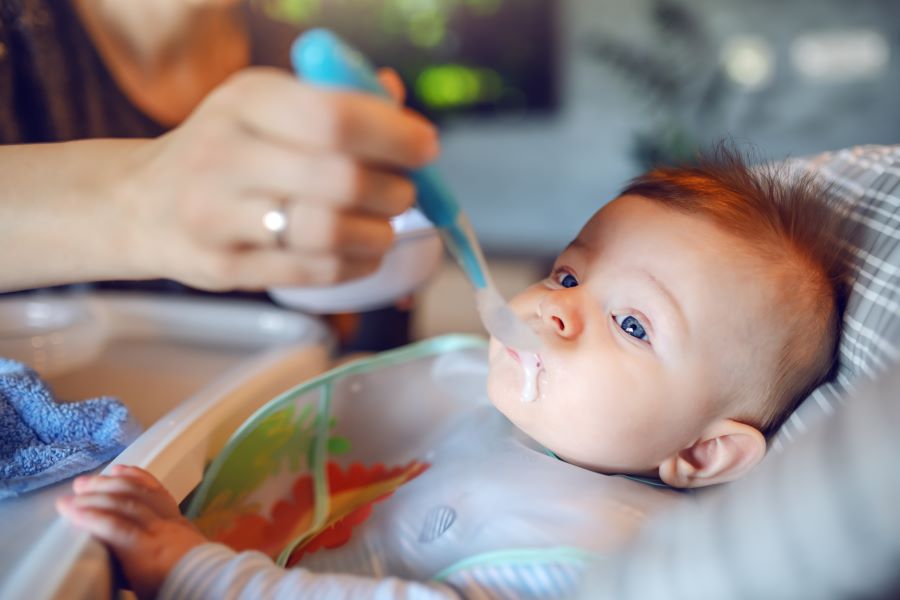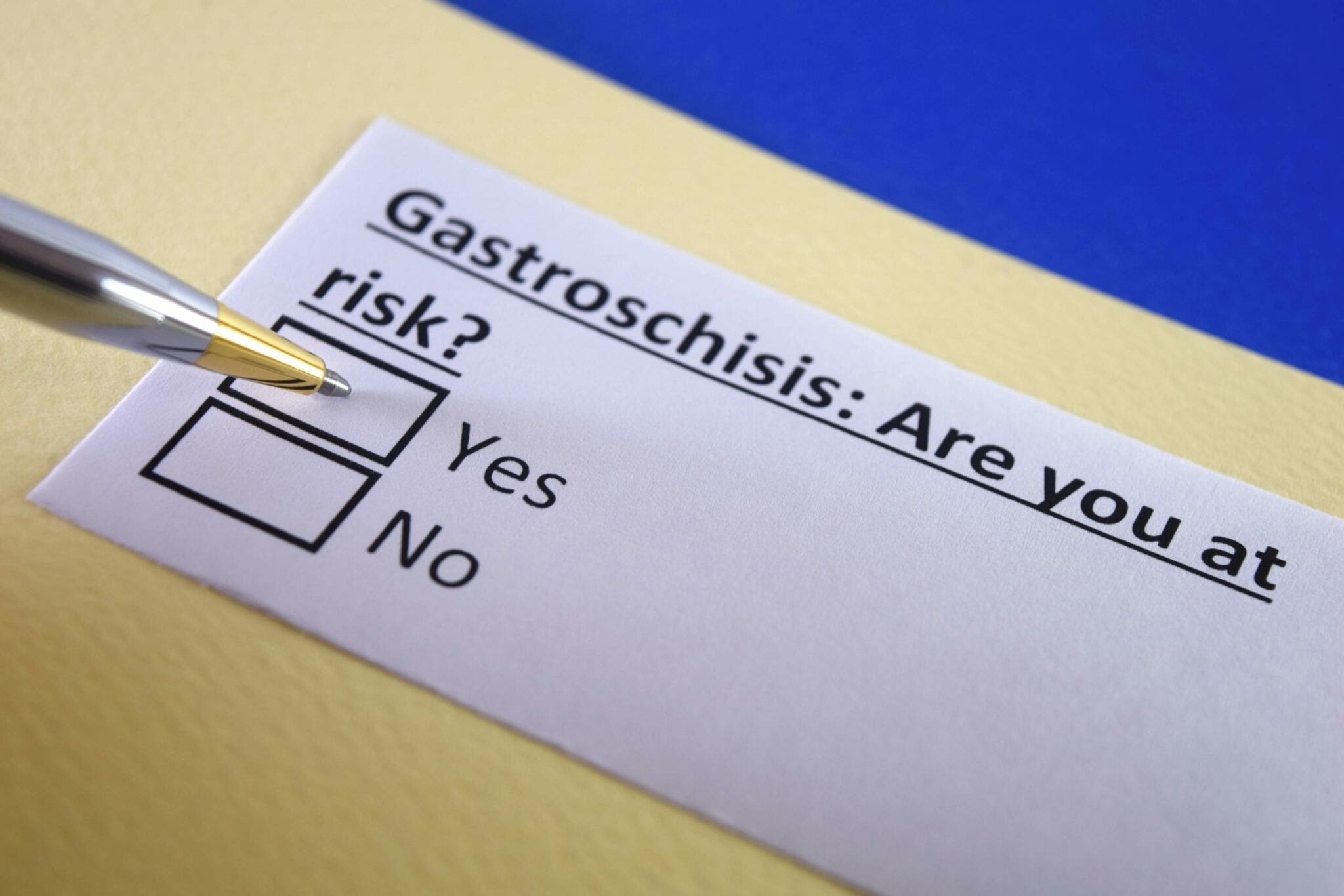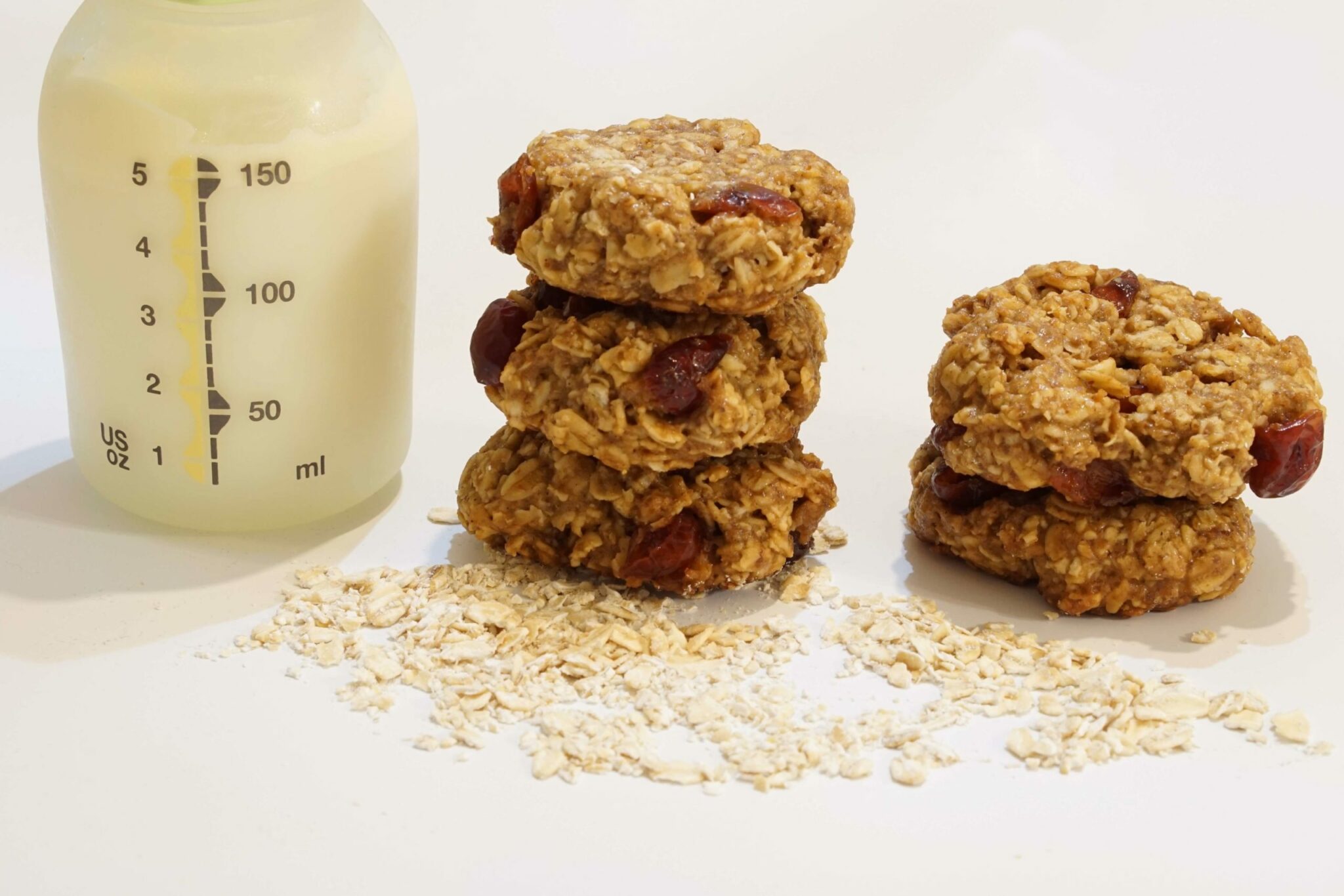There Goes Another Shirt! why Your Baby Spits Up


Sometimes it can seem like no sooner do you finish a feeding than your baby is spitting upon you, baby’s burp cloth, the crib sheets—anything nearby. This is normal, but when is baby spit up a cause for alarm?
Babies usually spit up because a small muscular sphincter that separates the esophagus from the stomach is not yet fully developed. If a baby overfeeds, eats too quickly, or isn’t held upright after feeding, some of the milk can leak back through the weak sphincter and come back up as spit up. More than half of all babies 0-3 months will have spitting up incidents.
Simple common sense solutions to excessive spitting up are to feed slightly smaller amounts more frequently and to keep your baby on your lap with the head elevated or in a baby seat or swing until about 30 minutes after feeding. It also helps to burp your baby midway through and then after each feeding. You might also try changing the nipple size to control the flow of milk if your baby is bottle fed. Some babies can benefit from adding rice cereal to the feedings, but ask your doctor first.
When are spit-up episodes a cause for alarm? If your baby appears uncomfortable either during the feed or when spitting up, see your doctor. If you note that your baby is eating less or resists eating, see your doctor. If there is projectile vomiting and happens more than once, it’s time to see an expert. Your baby may have pyloric stenosis.
Fortunately, most babies will outgrow this stage—though Mom and Dad may lose a few shirts to stains in the process!
Sources:
- U.S
- National Library of Medicine
- Gastroesophageal reflux in infants.
Powered by Bundoo®










































